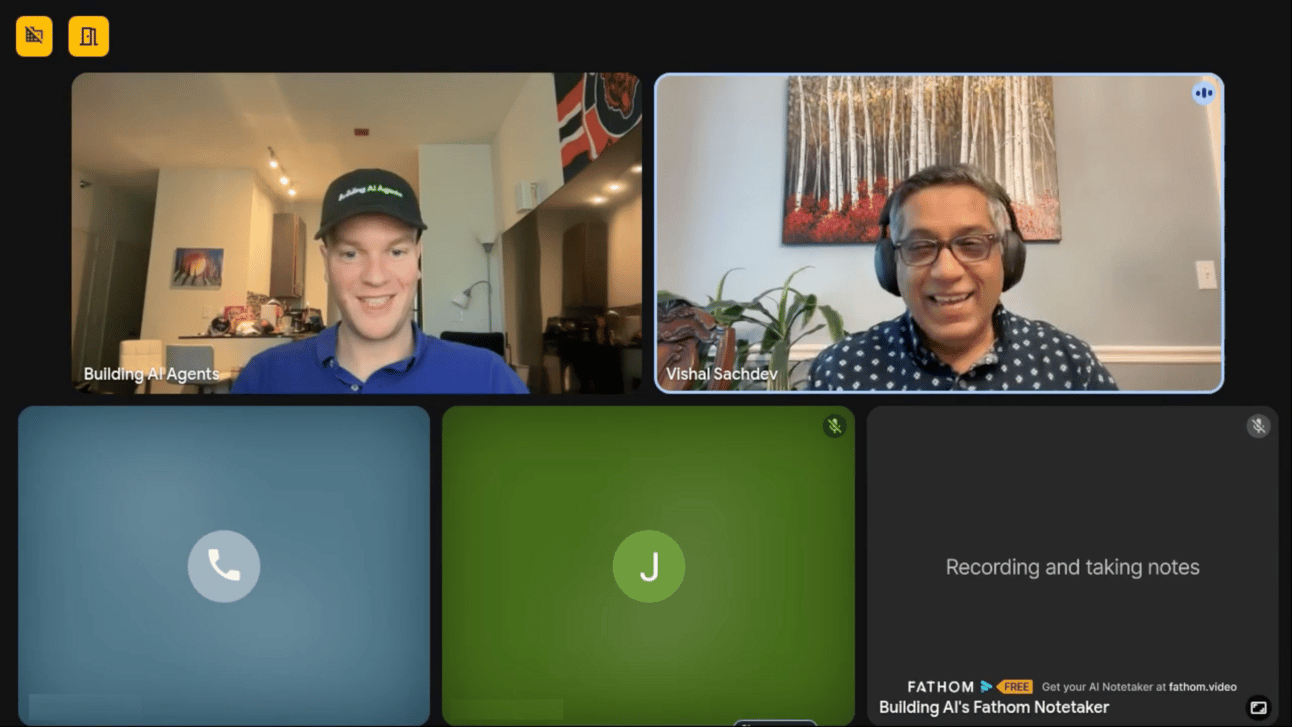- Building AI Agents
- Posts
- Meet the professor automating entrepreneurship with AI agents
Meet the professor automating entrepreneurship with AI agents
Plus: case studies in agent engineering from major companies, building a personal AI factory, and more
Welcome back to Building AI Agents, your biweekly guide to everything new in the field of agentic AI!
in any multi llm agent system, when they interact among themselves, they formally make a rule that this agent will speak first then this one and so on, empirical results say this, why they do that, no one knows, another black box
— shreyansh (@shhrreeyyy)
7:30 AM • Jul 5, 2025
In my experience, this actually only happens around 50% of the time, but that still makes multi-agent conversations about 49% more likely to be organized than the average Teams call.
In today’s issue…
My interview with a professor building agents to automate startups
Will Grok 4 crush Humanity’s Last Exam?
Case studies in agent engineering from major companies
Building a personal AI factory
Best practices from a year as an agent engineer
…and more
🔍✨ SPECIAL SPOTLIGHT

There’s an old saying that “those who cannot do teach.” Whoever came up with it obviously never met Professor Vishal Sachdev.
Last Tuesday, I interviewed Vishal, clinical assistant professor of business administration at the University of Illinois at Urbana Champaign, about his unique approach to education with AI agents.
As part of his class on entrepreneurship, each of Vishal’s students builds a software startup with a real product and demos it to real prospective customers. To support them, he’s been building a comprehensive suite of agents to let them offload parts of the business process, from idea generation to prototyping to marketing and CRM.
In effect, he’s creating an automated startup incubator, a sort of Y Combinator with agents.
Building this platform has given him exposure to many of the popular agent frameworks and an opportunity to evaluate their strengths and weaknesses—but he insisted that the most important part was not to get hung up on their minor differences:
“Pick one of the most popular frameworks and run with it; if it’s well-documented you can always switch later.”
Automating large parts of the entrepreneurial process is a huge job for just one person, though, which is why he heavily leverages agentic coding tools like Claude Code to make the process quicker.
This is the future of software: agents building agents.
Many of Vishal’s students go on to work in industry after graduating. I asked him what advice he would give to freelance agent builders looking to build automations for businesses. Rather than competing with thousands of other candidates on the wide open internet, he said to leverage personal connections with small businesses first.
“I’m a big fan of staying local—go talk to your barbershop, the independent grocery, your favorite restaurant owner, and start there.”
I learned a ton from talking with Vishal, who you can follow on LinkedIn, on X, and on Substack, where he explores the use of AI for coding and education.
Check out the full interview—plus get courses on agent building, walkthrough agent builds, and more—in the Building AI Agents Skool community! The price doubles at midnight, so make sure to get in now!
